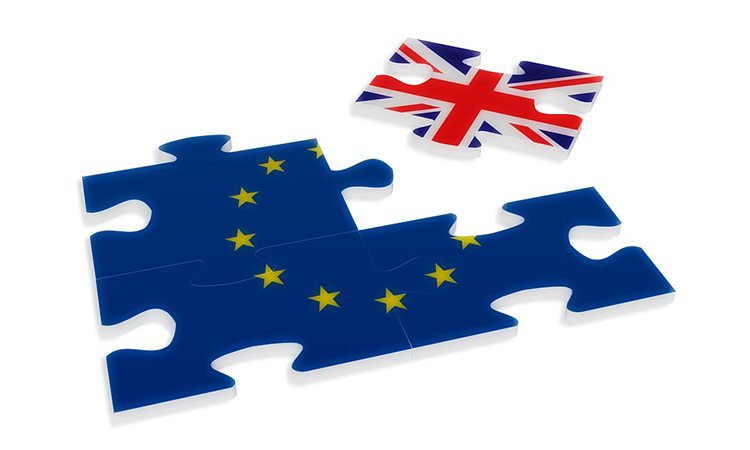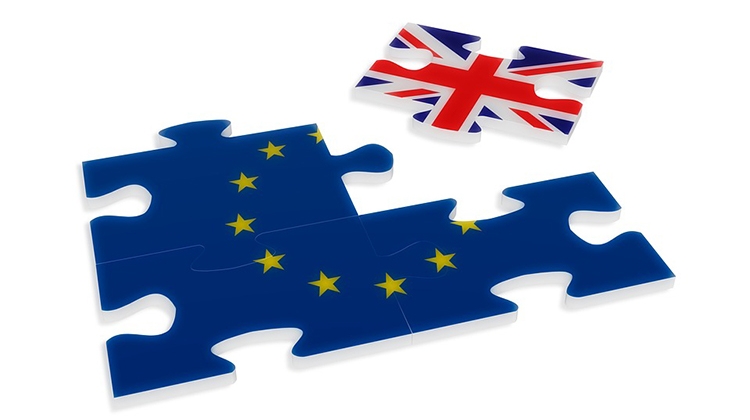Northern Ireland (NI) The route is a good starting point. Brexit has created an additional point of attention on Northern Ireland. Northern Ireland Protocol guarantees NI businesses will enjoy unfettered access to the UK market as well as the ability to trade within the EU’s Single Market. As a result, this allows goods to move between Northern Ireland and the Republic of Ireland (ROI) - or the rest of the EU - as they did prior to the Brexit without customs checks, tariffs, or paperwork. However, the EU has very strict rules about what can enter its market between Northern Ireland and Great Britain (England, Scotland, and Wales).
Shipments from Great Britain to Northern Ireland
Shipments from Great Britain to Northern Ireland require a customs declaration. Food and agricultural products and all goods classified as sanitary or phytosanitary are subject to health certification and specified processes. Additionally, goods considered “at risk” of onward move to the EU may be subjected to EU duties. Goods are considered not “at risk” when mainly intended for sale or final use in the UK. A few conditions are available to avoid paying tariffs (to be discussed in Part 2).
Shipments from Northern Ireland to Great Britain
Shipments from Northern Ireland to Great Britain, “qualifying goods" (mainly goods in free circulation in Northern Ireland) trade will continue as it is with no declaration, no tariffs, no new regulatory checks, no customs check with few exceptions like CITES (Convention on International Trade in Endangered Species of Wild Fauna and Flora) materials and Drug precursors. Further guidance about “qualifying goods” is to come in the course of 2021 under Gov.UK website. A strong caveat shall be put on goods starting their journey in the EU and coming to Great Britain through Northern Ireland as these must comply with Customs Export in the Home Member State and the HM Revenue & Customs must be notified with the number of the EU Export Declaration at Ports of Northern Ireland.
Shipments between Great Britain and European Union
Shipments between Great Britain and European Union require a customs declaration.
Shipments between Northern Ireland and European Union
Shipments between NI and EU will be treated as goods movement within the EU.
The requirements of Economic Operators Registration and Identification (EORI) Number and duties and taxes will be discussed in Part 2 of this Blog.
Acknowledgment
The authoring team would like to thank ISPE Investigational Products Steering Committee for reviewing the blog and providing input.
Related Article

Economic Operators Registration and Identification (EORI) Number Customs procedures also imply having an Importer of Record liable at destination as well as having each party, exporter, and importer, registered, and identified with its own EORI (from the Country it is based at). An XI EORI number is required to move goods between NI and non-EU Countries (which comprise Great Britain).
Learn More

The main change can be seen on the imports of IMPs from EU/EEA to Great Britain starting 01 January 2022. Sponsors of United Kingdom Clinical trials will need to appoint a United Kingdom Manufacture & Importation Authorization (MIA) (IMP) holder who will be responsible for implementing an oversight process to confirm each batch has been certified by a Qualified Person before its release to the Sites. EU/EEA Qualified Person released batches will not need recertification in Great Britain if the oversight process is in place and detailed in the Clinical Trial Approval.
Learn More








